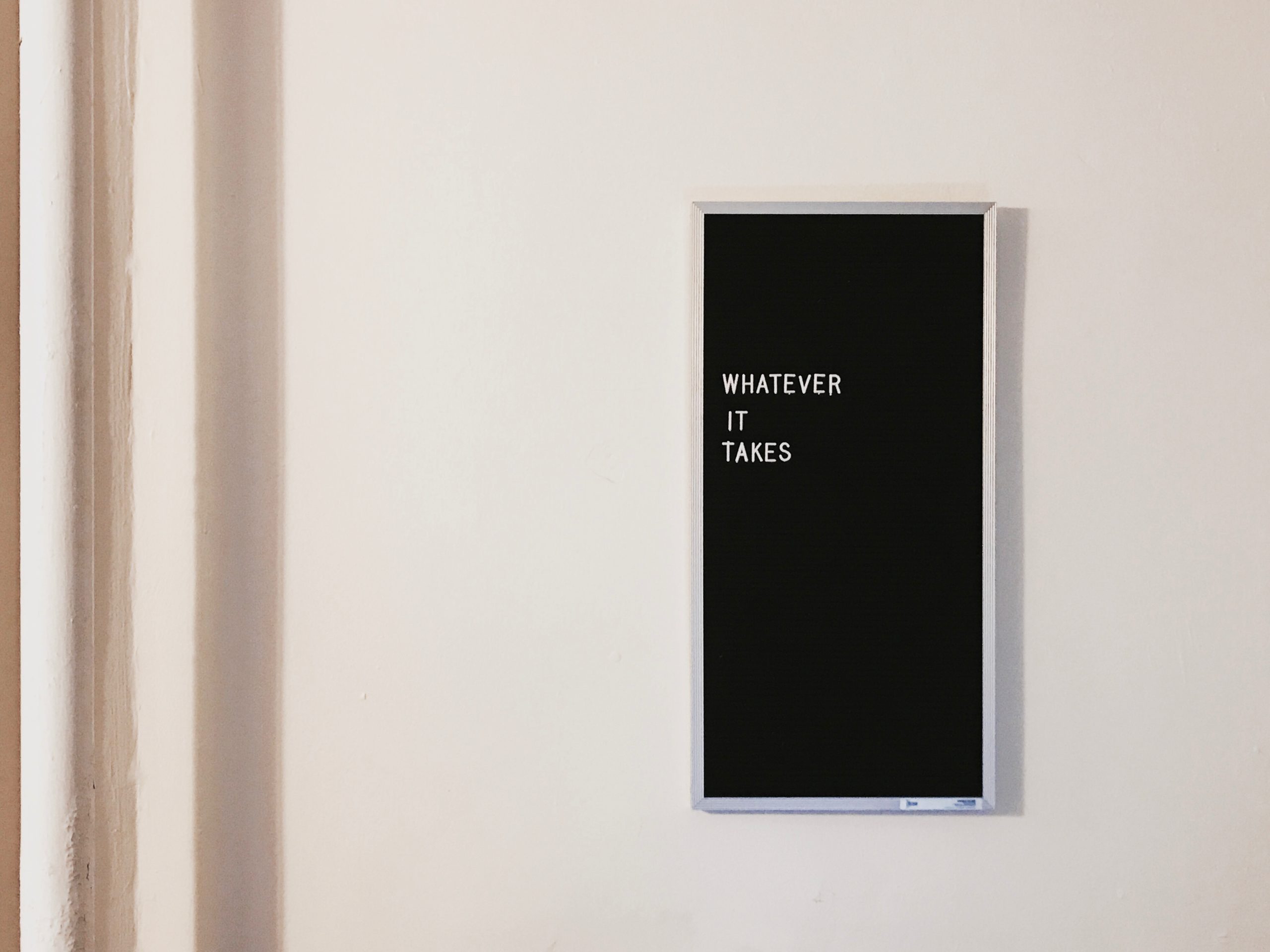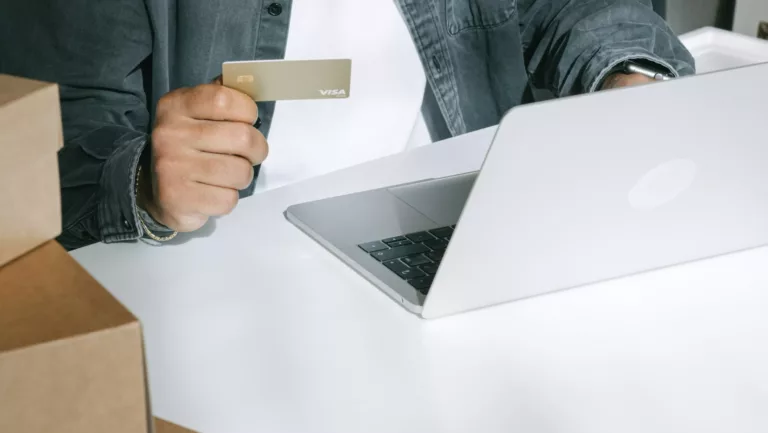Building good credit is essential to your financial well-being. If you ever intend to purchase anything for which you’ll need a loan, you’ll need to be able to show lenders that you’re a responsible borrower who can be trusted to pay her debts in full. And in the modern world, demonstrating creditworthiness means having a positive credit history and a decent credit score.
If you’re young, you may wonder:
How am I supposed to demonstrate that I am responsible enough for a credit card if I don’t have enough credit for a credit card?
While building good credit from no credit takes a little bit of time, it’s not impossible.
It only takes about six months of one creditor reporting an account to a credit bureau to establish an initial credit score. And that means the sooner you get started establishing your good credit history, the better off you’ll be. Not sure exactly where to begin? No worries. Here are some tried-and-true methods of establishing credit.
1. Get a Secured Credit Card

A secured credit card is an option for just about everyone. A secured credit card works much like a regular, unsecured credit card. But with a secured credit card, you pay a deposit to be approved. The deposit protects the credit card company in the event that you don’t pay your credit card bill. Usually, your spending limit on a secured credit card is the amount of your deposit. (Usually, but not always: remember to check the terms). Just like a regular credit card, you’ll receive a bill each month for the charges you’ve made to the card. You’ll need to pay at least a minimum payment each month. And if you carry a balance, you’ll accrue interest, even though the secured card company has your deposit.
The obvious bummer with a secured credit card is that your deposit remains tied up securing your account. And some secured credit cards are a better deal than others, so be extra careful about fees. For example, let’s say you’ve been approved for a card with a secured credit card with a $200 limit. It requires a $200 deposit, has a $99 annual fee which is charged upfront for the first year, and then a $10 per month fee after the first twelve months. That card would leave you with just $101 in available credit the moment your deposit clears. In a year, that $10 a month fee will knock your available spending power down even further. And of course, that’s assuming you pay in full and don’t carry a balance.
That said, if you need to prove you can handle a credit card, a secured card can be a good way to do it. Most folks only keep a secured card for a year or two before graduating to an unsecured line of credit. (Some secured credit card companies will convert your account to an unsecured line automatically after a period of regular, on-time payments.)
2. Get a Store Card

You’ve probably been offered a credit card application at the register of a retail store. Generally speaking, cards administered through retail stores have lower credit requirements than cards administered through major credit card lenders. Plus, they can be good for discounts at stores where you’re already shopping. If you’re trying to establish credit, you might consider trying a store card or two from your favorite stores. Be very careful with this option. Not all store cards report good behavior to the credit bureaus, and store cards often carry super high interest rates. So if you want to use a store card to help establish good credit? Check to make sure the card reports to the credit bureaus first. Still, you may have luck getting a credit card at the mall. Even if you haven’t had luck getting one at the bank.
3. Get a Student Credit Card

Ah, the benefits of higher education. You probably expect your future diploma to help with your future career prospects. Are you currently a college student? Credit card companies may be more willing to take a chance and extend you some credit. You’ve shown that you were bright enough for the admissions officers, after all. Plus, credit card companies hope that the financial services relationship you start with them when you’re choosing your major will continue long after you’ve collected your diploma. If you’re a student, shop around for a student-focused credit card. In some instances, may be able to avoid securing your first credit card with a deposit.
4. Become an Authorized User on Someone Else’s Credit Account

Does someone with excellent credit love and trust you? If so, consider asking if they’d be willing to add you as an authorized user on one of their credit cards. Just like a credit card or loan in your own name, the payment history and activity of any credit account on which you are an authorized user is reported to the credit reporting agencies. That means being an authorized user on another person’s credit card can help you establish ‘your’ credit history right away.
If you go this route, make sure the person adding you pays their bills on time each month. A missed payment on their part will hurt both of you.
Similarly, if you’re an authorized user, don’t run up the bill without communicating with the primary account holder. You’ll both be on the hook for any charges. (Fun fact: the primary account holder can add an authorized user without actually giving that user a credit card for that account. So if your mom’s concerned that you could tarnish her sterling credit record if she adds you to her account? Feel free to let her know that she could add you as an authorized user without giving you a card.)
Whatever method you choose to build your credit, there are a few general guidelines worth following.
5. Understand the Costs Before You Sign Up for Anything

Many, many cards have annual or even monthly fees for the privilege of maintaining that line of credit. And that is especially true of secured credit cards designed for folks with little or no credit. There are no-fee and low-fee secured and unsecured credit cards available, though. So shop around before you settle in on a single line of credit. Remember, even small fees can add up. It’s easy to ignore the fine print in a rush to get the ball rolling. But make sure you understand exactly what a potential line of credit could cost you before you sign up.
6. Don’t Pay Interest If You Can Avoid It

Carrying a balance from month-to-month won’t help your credit score. Most credit cards have a grace period between when you make a charge on the card and when that charge starts accruing interest. If you pay your balance in full every month? The you can usually avoid paying any interest at all.
7. Spend Sparingly

If the bank says you’ve got a $1,000 credit limit, you may well think that as long as you spend less than $1,000, you’re golden. But credit utilization — the ratio between how much credit you’ve been extended and how much you actually use — is a big part of your credit score. Keep your credit utilization rate under 30% of your total available credit. You’ll be rewarded with a better credit score.
8. Don’t Miss Payments

Remember, the point of building a credit history is to demonstrate that you are good at managing your financial obligations, and to show that you won’t give a potential lender any trouble. If it’s your first time out, make sure you aren’t shooting yourself in the foot by behaving irresponsibly. Pay all of you credit card bills on time, all the time. Trust us: establishing good credit is much easier than trying to repair bad credit. Developing good credit habits now will pay off now and well into the future.







